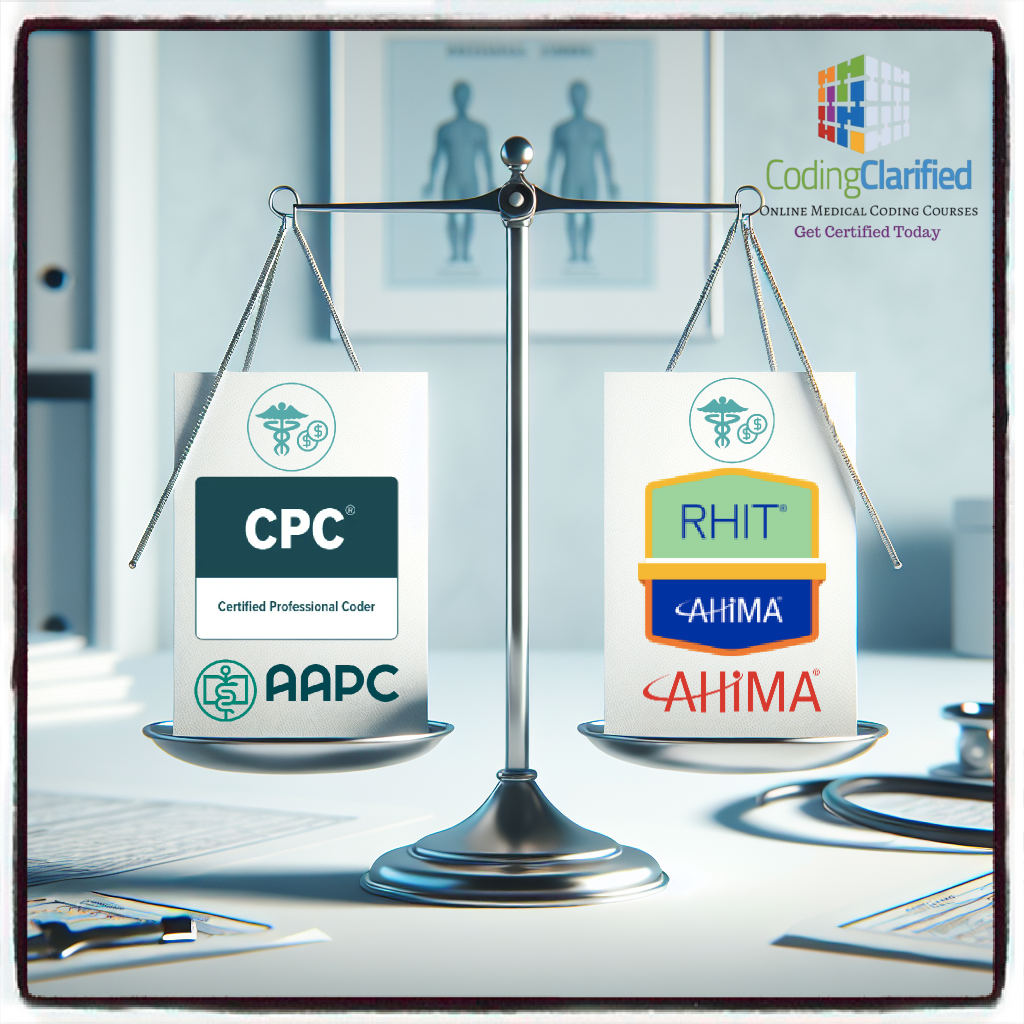Understanding Medical Coder Degree Requirements
In the ever-evolving landscape of healthcare careers, medical coding stands out as a field with ample opportunities for those without a traditional college degree. Contrary to popular belief, a four-year degree isn’t always a prerequisite for entering this in-demand profession.
Here’s a closer look at the pathways to becoming a medical coder:
- Alternative Pathways to Becoming a Medical Coder
- Importance of Medical Coding Certification
- Gaining Practical Experience in Medical Coding
- Flexibility and Accessibility in Medical Coding Careers
Alternative Pathways to Becoming a Medical Coder
While a degree in health information management or a related field can undoubtedly provide a solid foundation for a career in medical coding, it’s increasingly recognized that practical skills and certifications often hold more weight in this industry. Many employers are more interested in candidates’ ability to accurately assign codes, understand medical terminology, and navigate complex healthcare documentation systems rather than their formal education credentials.
Importance of Medical Coding Certification
In the world of medical coding, certification is king. Professional organizations like the American Academy of Professional Coders (AAPC) and the American Health Information Management Association (AHIMA) offer certification programs that validate proficiency in medical coding practices. These certifications, such as the Certified Professional Coder (CPC) or Certified Coding Specialist (CCS) credentials, demonstrate to employers that you possess the necessary skills and knowledge to excel in the field, regardless of whether or not you hold a degree.
Gaining Practical Experience in Medical Coding
In many cases, hands-on experience and on-the-job training can be just as valuable, if not more so, than formal education. Entry-level positions in medical coding, such as coding clerk or coding assistant roles, often provide opportunities to learn and develop coding skills under the guidance of experienced professionals. By starting at the ground level and gaining practical experience in a healthcare setting, individuals can build a solid foundation for a successful career in medical coding without the need for a degree.
Flexibility and Accessibility in Medical Coding Careers
One of the most appealing aspects of pursuing a career in medical coding is its flexibility and accessibility. Many coding positions offer remote work opportunities, allowing individuals to work from home or on a flexible schedule. This flexibility makes it easier for individuals from diverse backgrounds and circumstances to enter the field without the constraints of traditional education requirements.
Pursuing a Career in Medical Coding Without a Degree
While a degree can provide a solid foundation, it is not always necessary for a successful career in medical coding. Certifications, such as those from AAPC or AHIMA, are highly valued and can often substitute for a degree. Alternative pathways, including formal training programs and self-study, also offer viable routes into the field.
Ready to Enhance Your Medical Coding Career?
Consider exploring these additional resources to further your knowledge and skills in medical coding:
- What is the CPC Exam
- How to Pass the AAPC CPC Exam
- HOW LONG DOES IT TAKE TO GET MEDICAL CODING CERTIFICATION
- How to Get Medical Coding Certification
- What is Medical Coding
- AAPC is Phasing Out All In-Person Certification Tests
By leveraging these resources, you can stay informed about the latest trends, best practices, and opportunities in the field of medical coding. Equip yourself with the knowledge and skills needed to excel in your career, with or without a degree.

